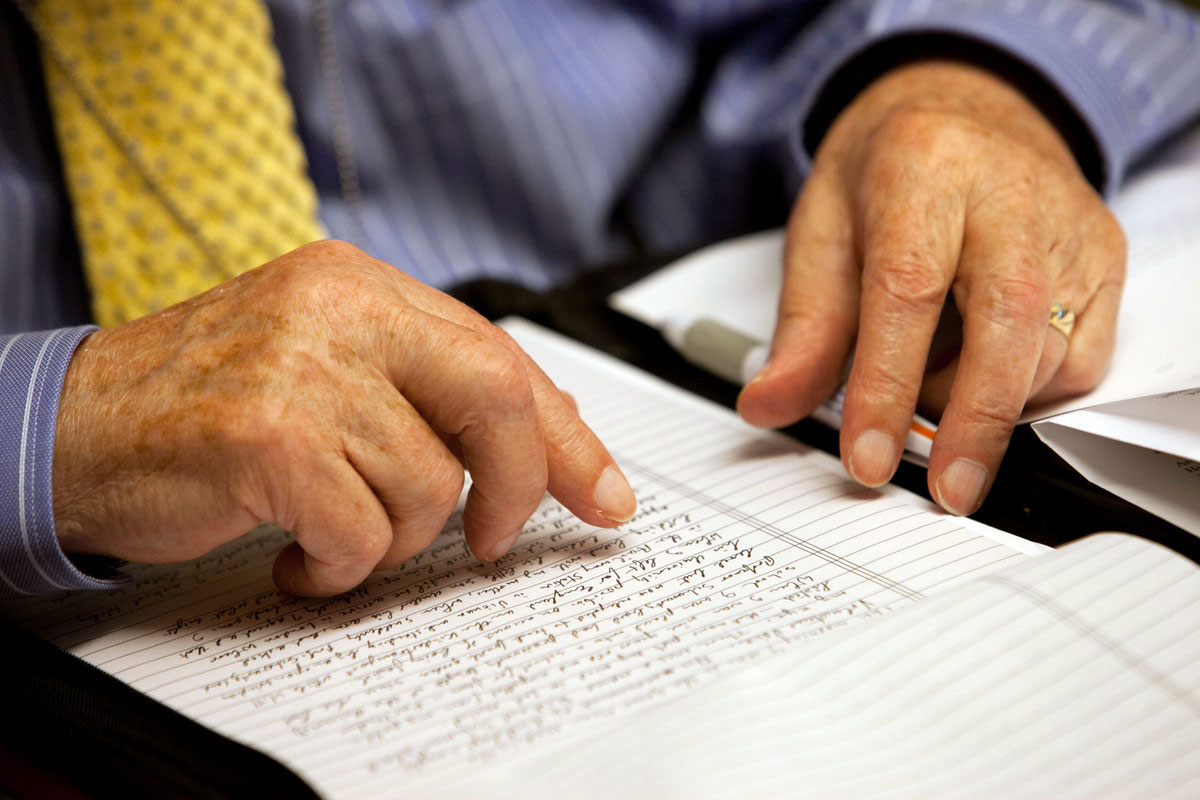Read reflections and testimonies written by Holocaust survivors in their own words.
Blog Home > harry markowicz
-
“The Jewish Problem”
October 22, 2020
During the summer of 1970, I moved into a group house on the main street of Port Moody, British Columbia, Canada. The stylish house overlooked the end of a Pacific inlet from the side of a small hill. It had been designed and built for the wealthy owner of a nearby sawmill. Based on appearance, some of our neighbors might have thought of us as hippies; however, the six residents were graduate students and teaching assistants at Simon Fraser University, located nearby on top of Mt. Burnaby.
-
Tommy Guns and Other War Toys
October 22, 2020
Following the liberation of Belgium in September 1944, my parents, siblings, and I came out of hiding and our lives started returning to normal. As a child born shortly before the start of World War II, my memory of a “normal” life was very limited. We got back together as a family and soon after moved into a row house at 33 rue Paul Leduc, in a quiet neighborhood of Brussels where we knew no other Jews. Whether that was a choice or happenstance, I don’t know.
-
The Matchmaker
October 22, 2020
It’s Wednesday afternoon. As usual, Albert and I are sitting at the Donor and Membership Desk at the United States Holocaust Memorial Museum. As volunteers, we help visitors fill out membership applications, and we accept donations to the Museum. As survivors, our main responsibility is to hand out copies of our brief biographies and answer questions related to our Holocaust experiences.
-
Uncle Abram
October 22, 2020
I was born in Berlin in 1937. The following year, shortly before Kristallnacht, my father arranged for my family to be smuggled across the border into Belgium. We were very close to Uncle Abram—my mother’s brother—and his family. Their apartment was around the corner from ours in Berlin, and they also crossed the border illegally into Belgium around the same time.
-
And You, Where Are You From?
October 22, 2020
In August 1972, I moved from British Columbia to Washington, DC, to pursue my graduate studies in linguistics at Georgetown University. It was a last-minute decision following a phone call from the chairman of the Georgetown French department offering me a position as a lecturer. However, classes were starting just six days later, and I had 24 hours to decide whether to accept or turn down the position. It was one of the most difficult decisions I have had to make. It started my life on a new course, one I could not have imagined back then.
-
The War Is Over (Or Is It Ever?)
October 23, 2019
In 1955, four years after my family's arrival in the United States from Balgium, I graduated from Garfield High School in Seattle. Although the student population was extremely diverse culturally, religiously, and racially, during my time there I felt like an outsider—even after I became fluent in English and made new friends.
-
Manfred’s Last Letter
October 23, 2019
During the Nazi occupation of Belgium, the mail played an essential role in my family’s life. Letters were practically the only means for members of my family who were living in hiding to keep in touch with each other. The receipt of a letter signified the writer was safe, at least at the time it was mailed or handed over to a non-Jewish person for mailing.
-
Leaving Nazi Germany
October 23, 2019
In 1938, my family was living in Berlin while the Nazis were intensifying the repression and violence against Jews. Late that summer, my father took my two siblings on a train to Aachen, a spa city near the borders of Belgium and the Netherlands. My sister, Rosi, was ten years old and my brother, Mani, was a year younger. I was just one year old, so my mother and I stayed home. During the train ride, Rosi shared with Mani what she had overheard at home: this was not a vacation as they had been told. As a matter of fact, they were going to Aachen to cross the border into Belgium.
-
They Are Coming for Me
November 14, 2018
It's 5 A.M. A brief knock on the door and it opens. Simultaneously, the bright lights go on in the room. A small man wearing a white jacket walks in, carrying what looks like a box with a handle similar to what a hot dog vendor uses at a baseball game. It contains plastic tubes organized by the color of their corks. “A small pinch … .” That’s how phlebotomists warn you as they stick a needle in one of your veins. I used to be squeamish, but by now it’s become routine. Nevertheless, I look away as the needle is inserted in my arm and my blood begins to fill the small tubes.
-
Collateral Damage
November 14, 2018
The much anticipated Allied landing in Normandy began on June 6, 1944. In addition to ground forces, large formations of Allied bombers—Americans flying at high altitudes in the daytime and the British at lower altitudes at night—were increasingly trying to disrupt the movement of German troops and supplies toward the front. Air raids of bridges, railroad junctures, and airports became almost routine in Belgium, where my family had taken refuge after fleeing from Berlin before the start of World War II. With revenge in our hearts, we cheered for the Allied airmen while hoping we would not become their unintended victims.


